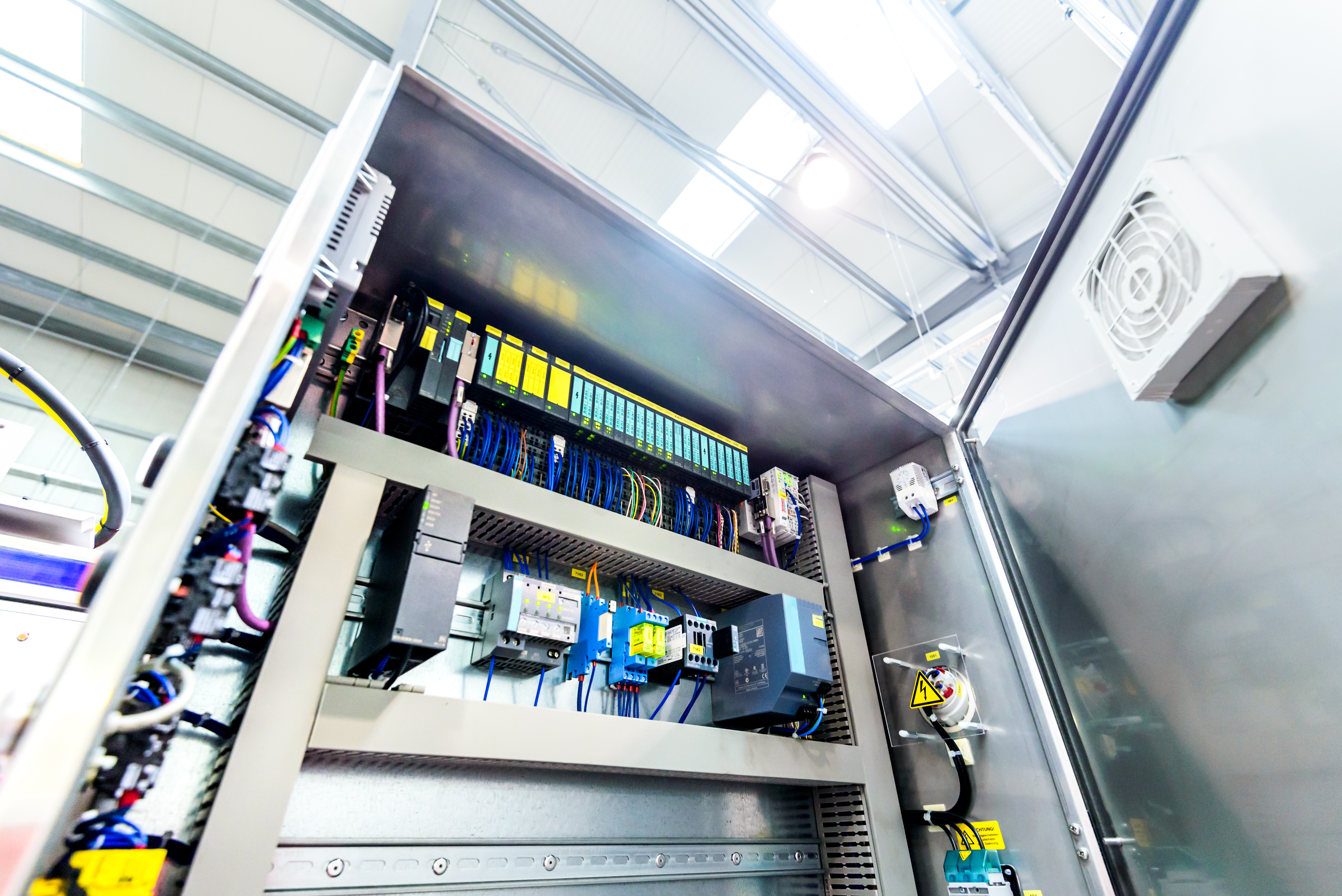Author
 Graham Bloom
Graham has worked at EPLAN for over 8 years and is a Professional Services Senior Consultant. His background and experience in electrical, mechanical and production engineering mean that he provides excellent service in training and consultancy. Graham works closely with customers to define their optimal solutions based on EPLAN's product portfolio. He also works closely with the pre-sales team to analyse customers' specific requirements and understand their business drives & needs to translate them into a technical solution.
bloom.g@eplan.co.uk
Graham Bloom auf LinkedIn
Graham Bloom
Graham has worked at EPLAN for over 8 years and is a Professional Services Senior Consultant. His background and experience in electrical, mechanical and production engineering mean that he provides excellent service in training and consultancy. Graham works closely with customers to define their optimal solutions based on EPLAN's product portfolio. He also works closely with the pre-sales team to analyse customers' specific requirements and understand their business drives & needs to translate them into a technical solution.
bloom.g@eplan.co.uk
Graham Bloom auf LinkedIn
Panel building: Can you improve your processes?
Faster work, without errors and at low cost, can no longer be achieved by standing still. Anyone who wants to get through the battle and come out on top of both domestic and foreign competition, will have to work more efficiently.
Tip 1: Consider how you would like to work
Over the years your company and production processes will have grown, developed and adapted into what they are today. Whilst undoubtedly a lot of things are going well, take a step back and think about what you would do if you were allowed to rebuild your business. What would your ideal business look like? Having a clear picture of your ideal business allows you to create a step-by-step plan to achieve it. It gets you to start thinking about your processes. What processes could you put in place to ensure you work more efficiently?
Tip 2: Don't let your people 'walk' the panel
When I visit a client's workshop, I always ask: are the people walking or is the panel walking through the workshop? By this I mean, is the set-up in the workshop static? Is it unpacked, processed, mounted, wired and packed in one place? Or does the panel pass through a number of individual processing stations? In the latter scenario, it is possible to work more efficiently as the tools are ready for use for each operation. So let the panel run. There are plenty of ergonomic tools for that.
Tip 3: Work together on better information
Lean working with fewer errors, less waste and lower costs starts with good processes. The processes will ensure the right material, is in the right place, at the right time and along with the right information. This requires good coordination between your departments and also your suppliers, engineers and clients. In other words, focus not only on the material flow, but also on the information flow. The quality of the information largely determines the quality of your production process.
Tip 4: Good data is worth its weight in gold
For a good end product and excellent service, the quality of the data you enter into your system is very important. Make sure you have a good data input and a structured database in which you can store the properties of your components and easily find them.
Tip 5: Prevent speech confusion: Standardise the data
The standardisation of data is a must for smooth coordination with your customers, suppliers and manufacturers of components. Make sure you don't always have to translate data and all use the same language. Standardised data prevents miscommunication and therefore errors and extra costs.
Tip 6: Digitise and automate
From engineering and work preparation to production, digitisation and automation, produce faster work with fewer errors. In addition, your professionals do not have to deal with routine work and can focus on the more challenging assignments. At the same time, thanks to digitisation, you can store important knowledge in your system which will not disappear when your employees retire.
Tip 7: Step by step to the ideal picture
A complete ideal picture of your business does not occur overnight. But if all goes well, you should have started with a step-by-step plan to your ideal business.
First pick the low hanging fruit. In other words, determine which steps yield the most with the least effort. We are of course happy to advise you on this. At Next Level, we have everything you need to improve your processes.
So now you're well armoured for the battle with 7 tips, the next step is to download the whitepaper 'Efficient working starts with a good foundation'. The whitepapaer talks you through your business, highlighting more tips for efficiency and protecting you from potential pitfalls:




Comments